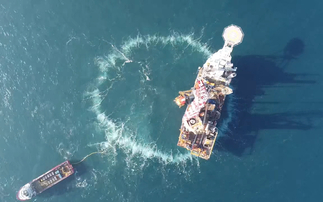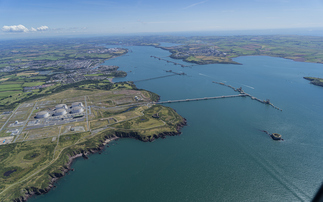Alan Whitehead, MP warns the government's decision to axe the Marine Renewables Deployment Fund risks throwing away the UK's technology lead
When I was a student many, many years ago, I recall the forerunners of the Socialist Workers Party, I think it was, running around the campus intoning the names of the four Marxist 'greats': "Marx!...
To continue reading this article...
Join BusinessGreen
In just a few clicks you can start your free BusinessGreen Lite membership for 12 months, providing you access to:
- Three complimentary articles per month covering the latest real-time news, analysis, and opinion from Europe’s leading source of information on the Green economy and business
- Receive important and breaking news stories via our daily news alert
- Our weekly newsletter with the best of the week’s green business news and analysis







